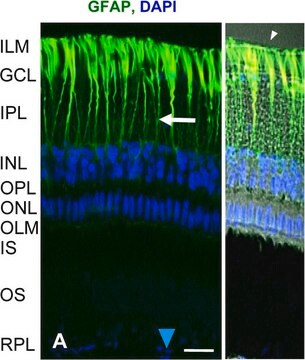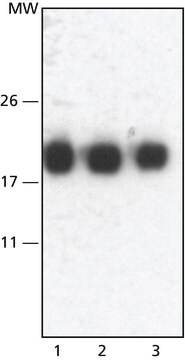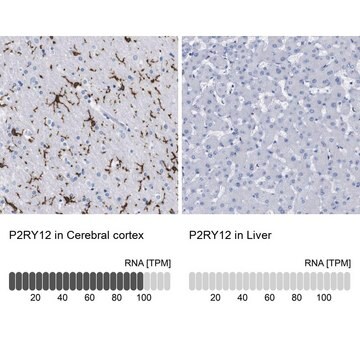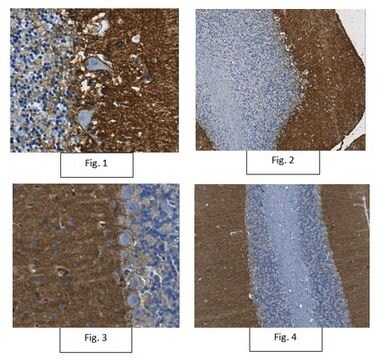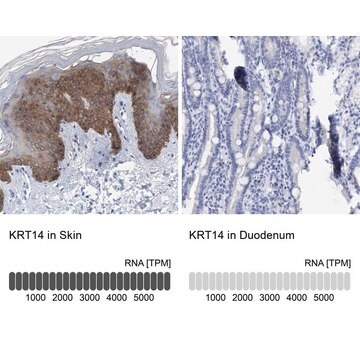SRP2083
WT-1 (-KTS) human
recombinant, expressed in insect cells, ≥60% (SDS-PAGE)
Synonym(e):
AWT1, GUD, NPHS4, WAGR, WIT-2, WT33
About This Item
Empfohlene Produkte
Biologische Quelle
human
Rekombinant
expressed in insect cells
Assay
≥60% (SDS-PAGE)
Form
frozen liquid
Mol-Gew.
~55.6 kDa
Verpackung
pkg of 5 μg
Lagerbedingungen
avoid repeated freeze/thaw cycles
Konzentration
250 μg/mL
Farbe
clear colorless
NCBI-Hinterlegungsnummer
UniProt-Hinterlegungsnummer
Versandbedingung
dry ice
Lagertemp.
−70°C
Angaben zum Gen
human ... WT1(7490)
Allgemeine Beschreibung
Biochem./physiol. Wirkung
Physikalische Form
Angaben zur Herstellung
Lagerklassenschlüssel
10 - Combustible liquids
WGK
WGK 1
Flammpunkt (°F)
Not applicable
Flammpunkt (°C)
Not applicable
Analysenzertifikate (COA)
Suchen Sie nach Analysenzertifikate (COA), indem Sie die Lot-/Chargennummer des Produkts eingeben. Lot- und Chargennummern sind auf dem Produktetikett hinter den Wörtern ‘Lot’ oder ‘Batch’ (Lot oder Charge) zu finden.
Besitzen Sie dieses Produkt bereits?
In der Dokumentenbibliothek finden Sie die Dokumentation zu den Produkten, die Sie kürzlich erworben haben.
Unser Team von Wissenschaftlern verfügt über Erfahrung in allen Forschungsbereichen einschließlich Life Science, Materialwissenschaften, chemischer Synthese, Chromatographie, Analytik und vielen mehr..
Setzen Sie sich mit dem technischen Dienst in Verbindung.
